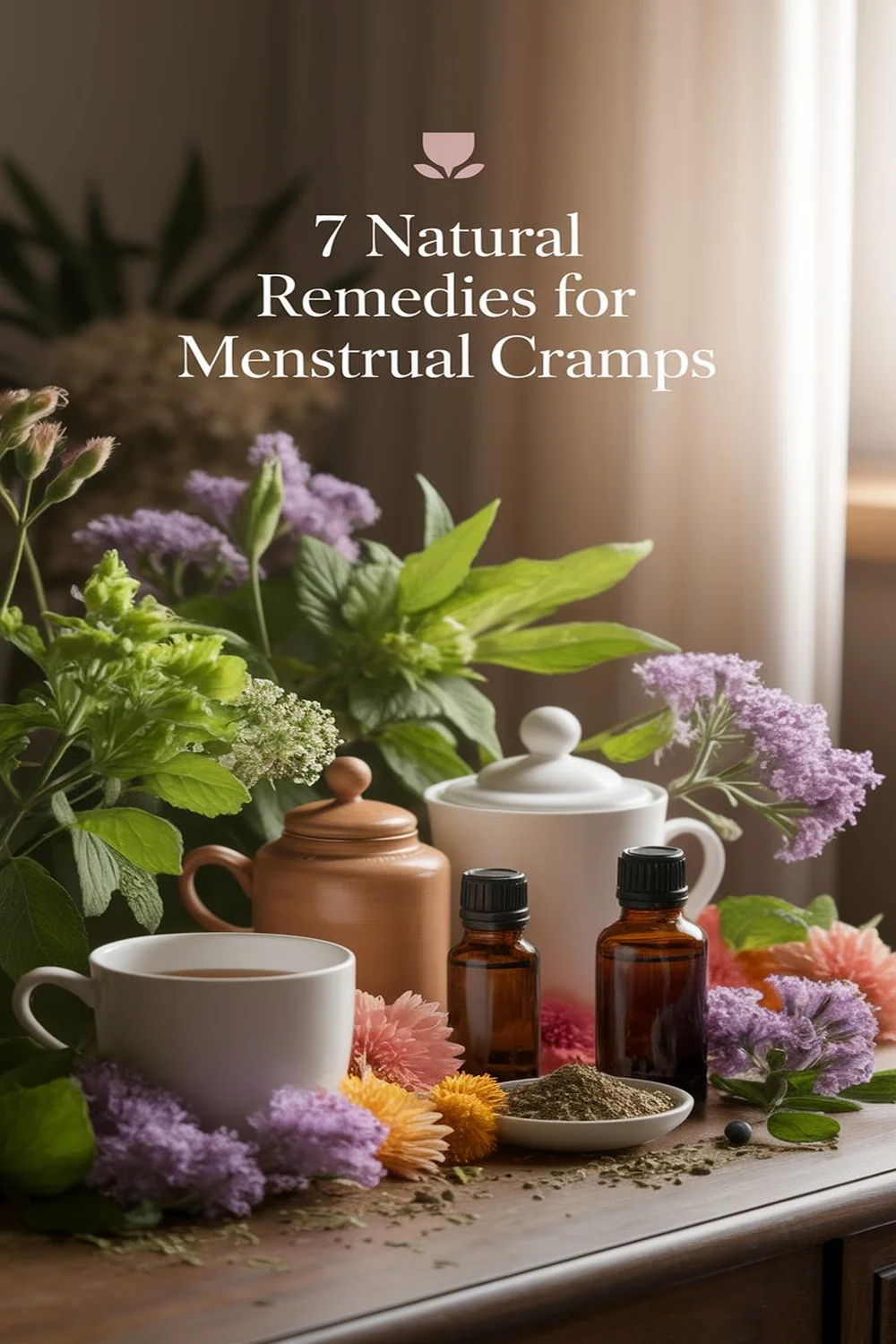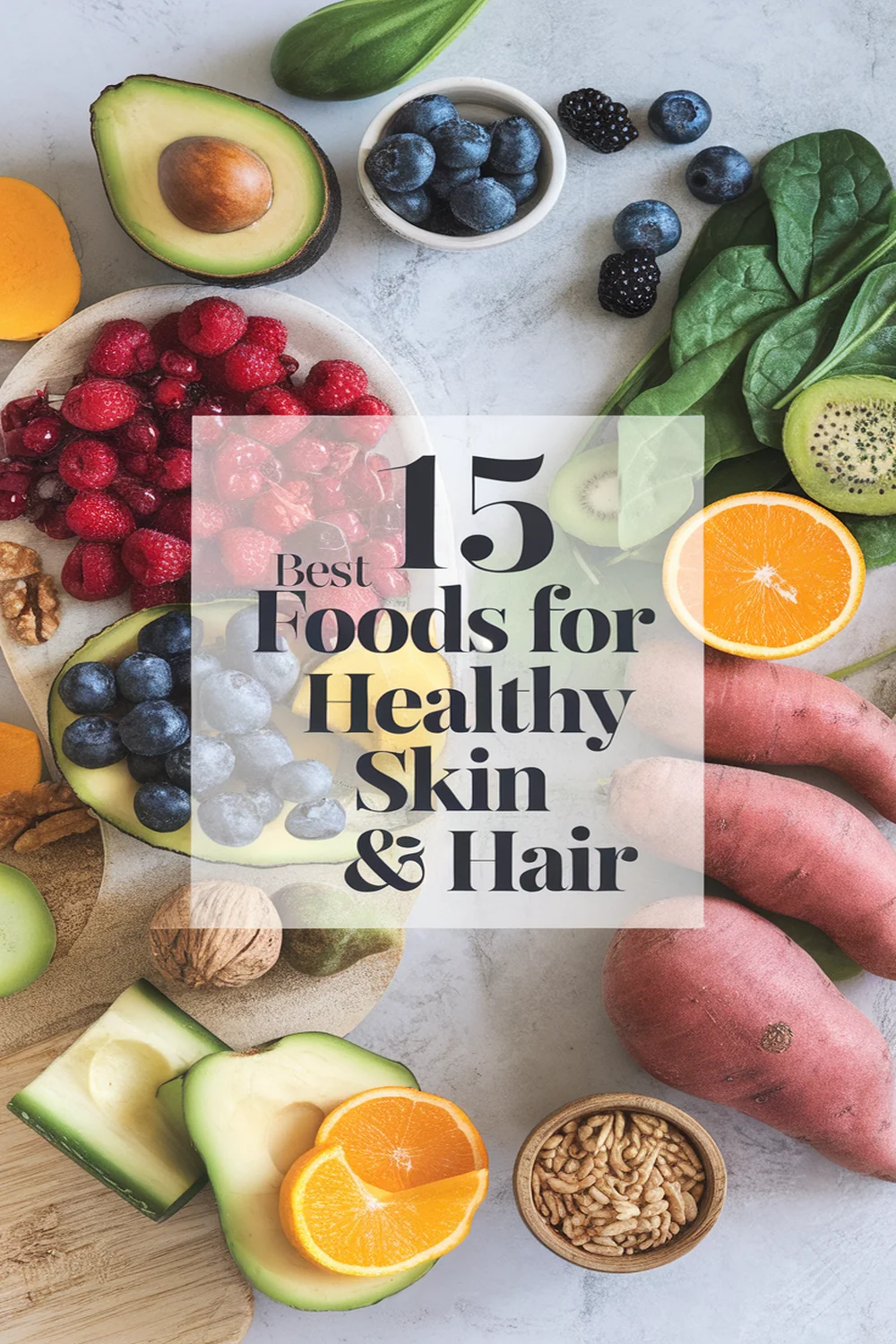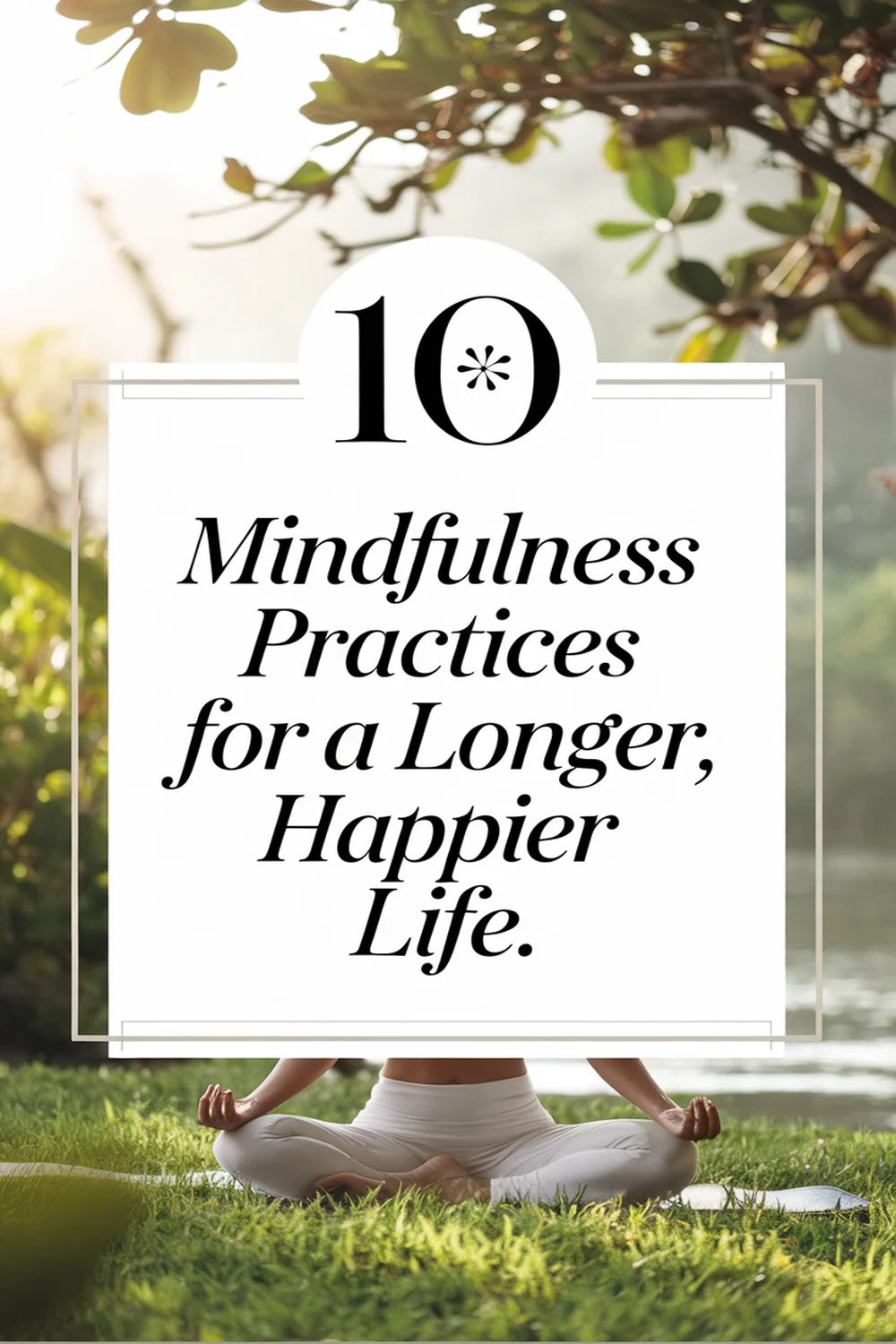Understanding your family history is essential for evaluating your breast cancer risk. Schedule regular mammograms starting between ages 40 and 50, and commit to monthly self-exams to detect any changes early. Maintain a healthy lifestyle rich in fruits, vegetables, and regular exercise while limiting alcohol intake. If you’re considering genetic testing, it can provide personalized insights. Stay informed about breast health research to make empowered decisions for your well-being and discover the many ways you can enhance your breast health.
Understand Your Family History
When it comes to breast health, many women don’t realize the essential role family history plays. Understanding your family’s medical background can be a key factor in evaluating your own risk for breast cancer. If you have close relatives who’ve battled breast or ovarian cancer, it’s important to share this information with your healthcare provider. They can help you gauge your risk and suggest appropriate measures. Besides breast cancer, don’t forget to contemplate other cancers that may affect your risk. Knowledge is empowering; knowing your family history enables informed decisions about screenings and preventative care. Don’t hesitate to have those conversations with your family. It’s a step toward taking charge of your health and wellbeing.
Schedule Regular Mammograms
Scheduling regular mammograms is an essential part of proactive breast health for women. These screenings can detect breast cancer early when it’s most treatable. Depending on your age and risk factors, your healthcare provider may recommend starting mammograms between ages 40 and 50, with annual or biennial appointments thereafter. Don’t worry if you feel nervous; it’s perfectly normal. The process is quick, typically taking about 30 minutes, and the benefits far outweigh any discomfort. Remember, early detection can save lives, so don’t put it off. If you have any concerns, talk to your doctor about your individual needs. Prioritizing your breast health is a powerful step toward overall well-being, showing love and care for yourself.
Recommended Items
Explore our recommended health and wellness essentials for breast health—feel free to check them out!
Perform Monthly Self-Exams
Taking charge of your breast health means committing to perform monthly self-exams. By setting aside time each month, you’ll gain familiarity with your breasts, making it easier to notice any changes. Here’s how to get started:
- Choose a consistent day: Whether it’s the first of the month or a special date, consistency helps you remember.
- Find a comfortable place: Sit or lie down in a relaxed setting, giving you peace of mind during your examination.
- Use your fingers to check: Gently move your fingers in a circular motion, feeling for any lumps, bumps, or changes in texture.
This simple practice can empower you, promoting early detection and a proactive approach to your health.
Step-by-Step Guide to Breast Health
Know the Signs of Breast Changes
How can you recognize when something might be changing in your breasts? Pay attention to any unusual signs or symptoms. Look for lumps or bumps that weren’t there before, changes in size or shape, or any unusual swelling. You should also note if there’s any discharge from your nipples, especially if it’s bloody or clear, as well as skin changes like dimpling, redness, or scaling. If you notice persistent pain that doesn’t go away with your menstrual cycle or other normal factors, it’s important to consult a healthcare professional. Trust your instincts; if something feels off, don’t hesitate to seek advice. Early detection can make all the difference in breast health.
Maintain a Healthy Lifestyle
Maintaining a healthy lifestyle can greatly impact your breast health, especially since the choices you make daily can either support or hinder your overall well-being. Here are three key areas to focus on:
- Balanced Diet: Fill your plate with fruits, vegetables, whole grains, and lean proteins. These foods can provide essential nutrients and antioxidants that promote overall health.
- Regular Exercise: Aim for at least 150 minutes of moderate aerobic activity each week. This helps maintain a healthy weight and reduces the risk of breast-related issues.
- Quality Sleep: Prioritize 7-9 hours of restful sleep each night. Good sleep helps regulate your hormones and can enhance your immune system’s function.
Limit Alcohol Consumption
While enjoying a drink now and then is completely fine, it’s important to be mindful of your alcohol consumption when it comes to breast health. Research indicates that excessive alcohol intake can elevate your risk of breast cancer. To protect yourself, consider limiting your intake to one drink per day, or even less if you prefer. It’s not just the quantity that matters; think about the frequency, too. Find ways to socialize without relying heavily on alcohol, like trying mocktails or participating in fun activities that don’t center around drinking. By making conscious choices, you’re taking proactive steps towards your overall health. Remember, moderation is key, and healthy habits today can lead to a brighter tomorrow for your breast health.
Consider Genetic Testing
Genetic testing can play an essential role in understanding your breast health, especially if there’s a family history of breast cancer. Knowing your genetic risk can empower you to make informed decisions about screenings and preventive measures.
Consider these important aspects when thinking about genetic testing:
- Risk Assessment: Identify if you’re a carrier of genes like BRCA1 or BRCA2, which greatly increase your risk.
- Personalized Care: Tailor your healthcare plan based on your genetic profile, enhancing the effectiveness of monitoring and preventive strategies.
- Family Implications: Understand how your results may affect not just you, but also your relatives who might share similar genetic risks.
Taking this step could be pivotal for your breast health journey.
Stay Informed About Breast Health Research
Understanding your genetic risk sets the stage for a proactive approach to your breast health. Staying informed about the latest breast health research equips you with valuable knowledge to make informed decisions. Regularly read reputable sources, like medical journals and breast health organizations, to stay updated on new findings, screening guidelines, and treatment advances. Joining online communities or support groups can also enhance your understanding while connecting you with others who share your concerns. Don’t hesitate to discuss new information with your healthcare provider—open dialogue can help tailor a plan that fits your needs. Remember, knowledge is power in taking charge of your breast health. Staying informed allows you to advocate for yourself and make choices that align with your wellbeing.











